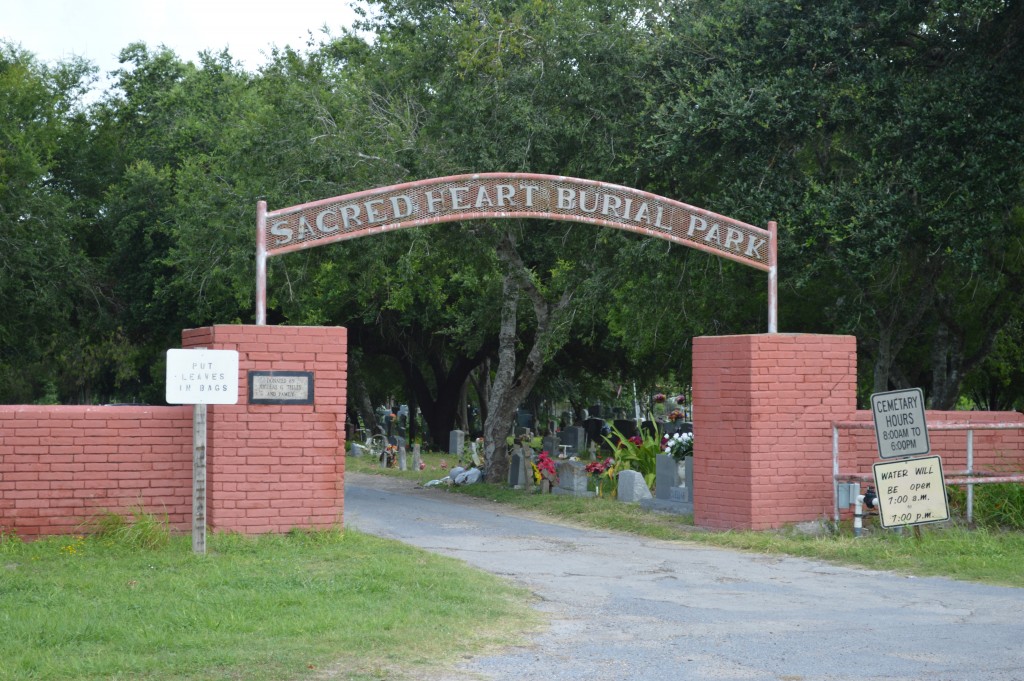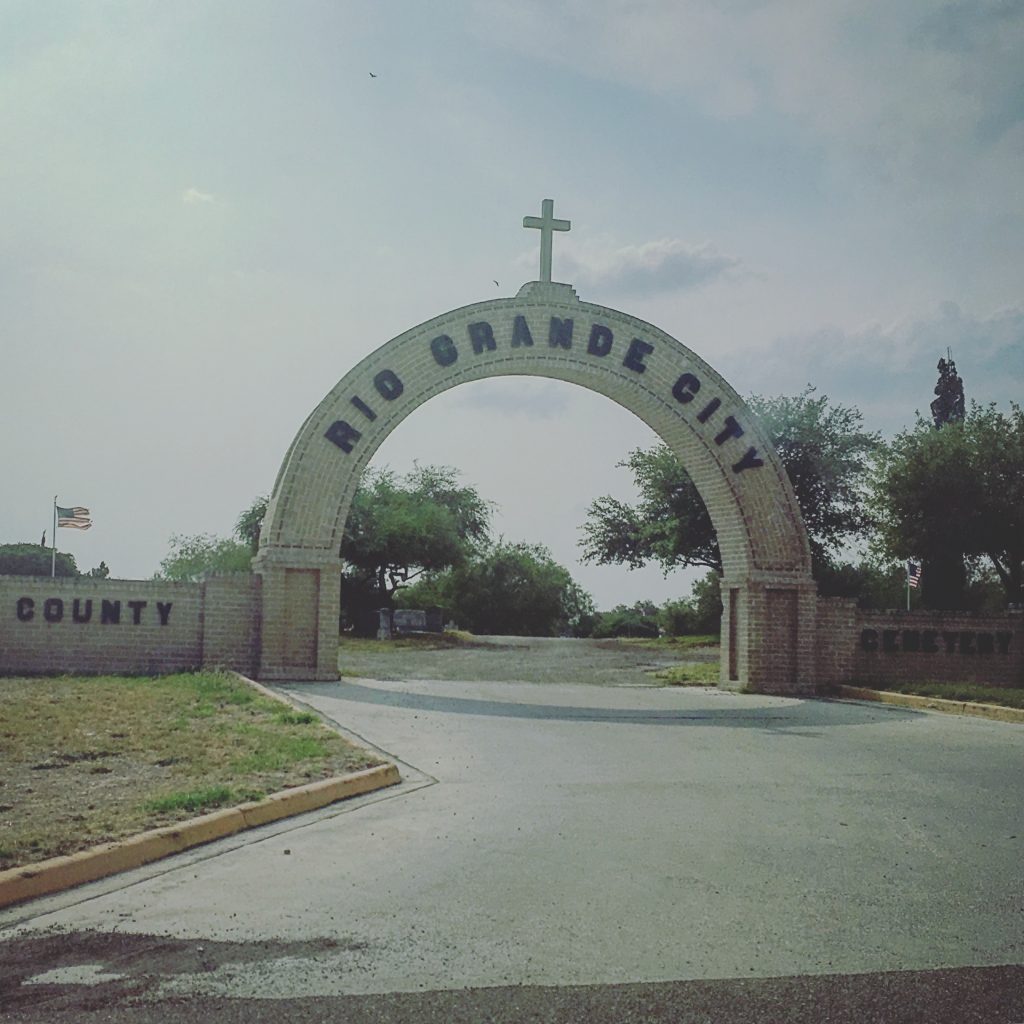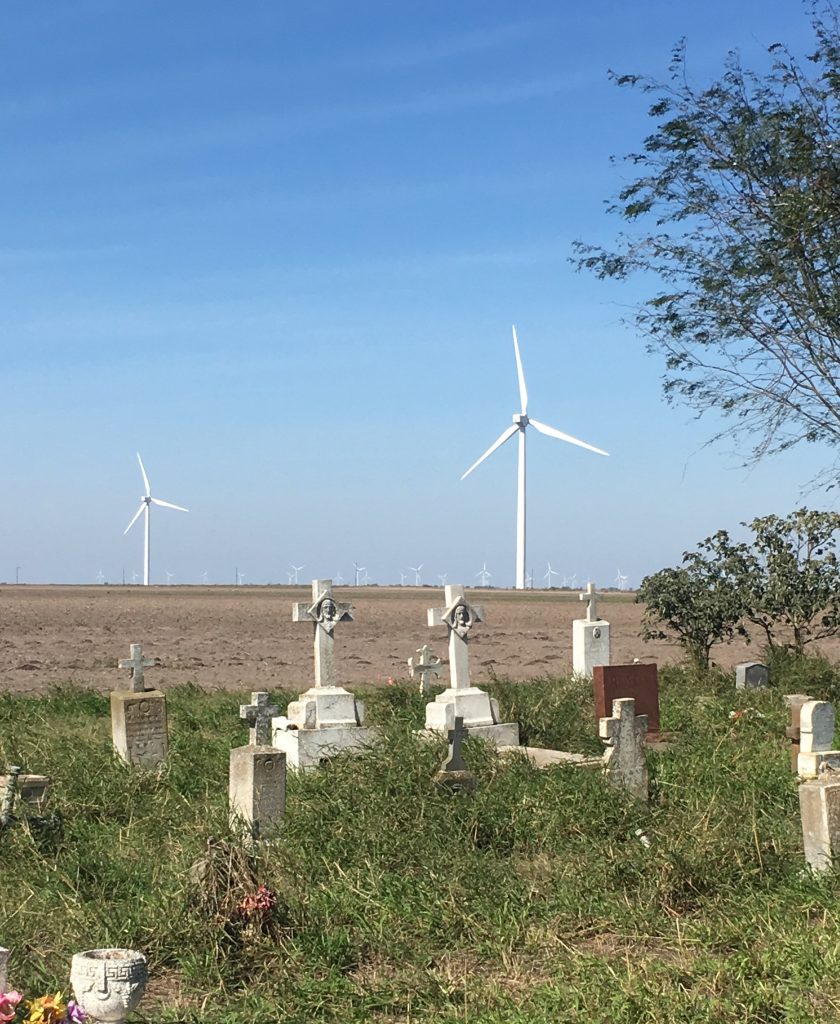The UIndy Beyond Borders Team has been participating in this large scale migrant identification initiative for 5 years now. Five years. Five field seasons. Three counties. Nearly 200 exhumations. As you have already read in previous posts: each cemetery presents its own unique challenges to locating and excavating the burials and each country provides a unique setting in which we would find ourselves challenged and learning more about the complicated humanitarian crisis unfolding at the border.

With each field season we have learned to be flexible, to problem solve, to apply our archeological skills in new ways and to expect the unexpected. We have learned the value of planning and teamwork, the type of motivation that can only come with a passion to do what is right and just, and the hope that our hard work will benefit someone who is longing for answers. We have learned to push through the pain of bruises, blisters, muscle aches and sun burns. To let our head coach us to believe we are not physically aching, tired and heartbroken because we cannot slow down until our job is complete. We have made lifelong friendships and we have learned things about life and humanity that only others embarking on a similar mission can fully grasp. We have seen the best and we have seen the worst of humanity in action.

We have learned that our early understanding of this issue was naive and the issues are so deep are so complicated that it is difficult to truly grasp what is happening and why it is happening. We have learned that while we can be advocates, we can never truly understand these issues because of our nationality and privilege. But we can listen, we can contribute our skills and we can use our platform to educate and inform those who have no idea that thousands of people are dying and being buried in the southern US borderlands. As forensic scientists we are able to tell stories and document inequalities that may otherwise go unheard and unnoticed by the vast majority of Americans. We see the imprints of lifelong poverty on the bones and teeth of the dead we uncover, we see the love they have for their families in the photos and notes found in their pockets, we document the places they die and bear witness to the fact that these deaths are happening in staggering numbers. We not only work to give them a name and restore their memory but we make them a part of the indelible medicolegal record that will one day work towards change and social justice.

As another field season comes to an end I again find it difficult to express my feelings. On the one hand I want to say how proud I am of my team and the entire field team in general. I want to feel pride in our work and comfort in that fact that 37 more people now have a chance at identification and repatriation. But on the other hand these feeling seem so inappropriate within such a large and violent crisis. It is a humbling experience and it is eye opening and shocking to see how these migrants are viewed and treated in life and in death. We thank you for following our journey, which is intimately entwined with the journey of those we unearth. We hope you learn, you feel and you share what is happening.
Please let us know if there is something you want to see on the blog in the future and please support our continued work if you have the ability to do so.
~KEL